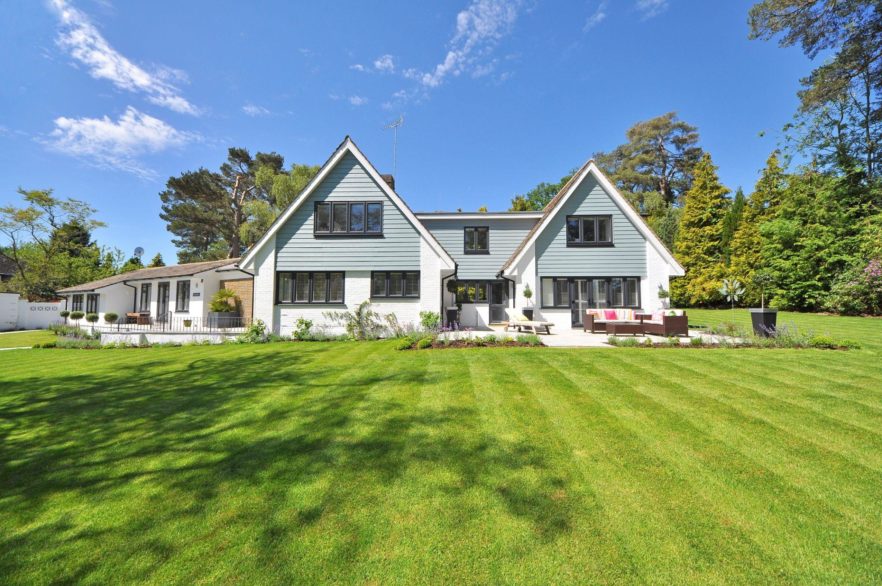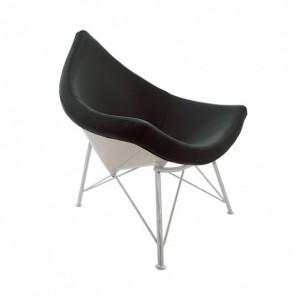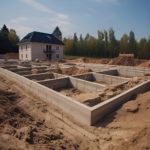Picking the right grass seed for our Lawn is essential to give it a lush green appeal and to improve the soil’s fertility.
People often get baffled when choosing the best grass seed company to buy seeds from since they don’t know how to determine whether a particular seed blend will suit their soil.
To buy the best grass seeds, you must first determine your property’s unique geography, use, climatic conditions, and shade in your location. So, without further ado, let us discuss these factors in detail:
1. Warm season grass Vs. Cold season grass
You cannot just pick any grass seed off the rack. First, you need to look around and determine the nature of the climate in your region.
You can go to Buffalo, Bermuda, and Zoysia if it is warm throughout the year. These grasses can withstand scorching heat and are drought-tolerant.
On the other hand, grasses like Perennial Ryegrass and Fine fescue are more suited to moderate, shady, and more relaxed environments. To grow them, your soil should have an equal concoction of clay, mud, and sand.
Thus, ascertain whether your Lawn is suited to facilitate cold season or warm season grass before buying.
2. What is the purpose of your Lawn?
While choosing the right grass seed, it is best to determine what you expect from your Lawn.
It would help if you asked the following questions to yourself first:
- Will my lawn experience a high level of foot traffic?
- Is my Lawn in the shade or under the sun?
- What is the nature of my Lawn’s soil? Is it loamy or sandy?
- How many times a year does my lawn experience natural rainfall?
Answering these questions thoroughly will help you choose the suitable grass. Fine fescue generally works best for shady lawns, while Bermuda is best for lawns exposed to the scorching sun.
3. Pick quality over quantity.
You don’t just need a seed that grows roughly. Instead, you want it to germinate well. Many seed vendors in the market make lofty promises around their seed’s germination.
Therefore, we will give you a few benchmarks you must adhere to while buying.
- Buy a seed only if its germination rate is above 85%.
- Dormant matter and empty fillers should constitute no more than 2%.
- Weed seeds should not be more than 0.5%; however, the number of noxious weeds should be nil.
So, consider these touch points before buying,
4. Don’t forget about its maintenance
Buying and sowing the grass seed isn’t the end of the story. You must also learn how to prepare your lawn for better grass seed germination.
Many homeowners do not even get the time to water their Lawn.
With that being the case, if you are planting the ryegrass seeds, then you are setting your lawn up for a disaster because ryegrass needs proper sunlight and daily watering to sustain. Otherwise, it becomes brown, dry, and patchy.
So, choose a grass type that you can maintain.
5. What is the size of your Lawn?
The size of your Lawn also makes a huge difference in your budget. If you are tight on budget but have a big area to fill, turfgrass seeds are considered the best option.
However, if you regularly water a big lawn, you can also go for ryegrass. They are used for golf courses and playing fields as they withstand rigorous and high foot traffic.
Also, ryegrass covers the entire Lawn well without much weed accumulation.
Final Thoughts
The weather condition and location of your Lawn play a significant role while choosing the right grass seed.
However, considering these five things mentioned above, choosing a suitable grass will be as easy as walking on your lawn.









